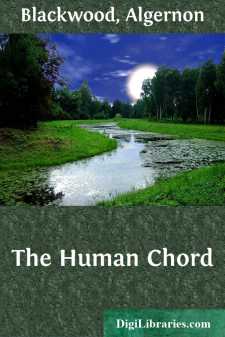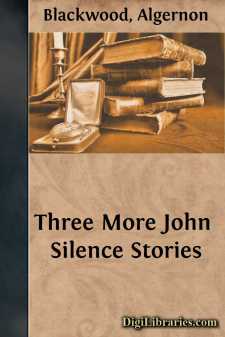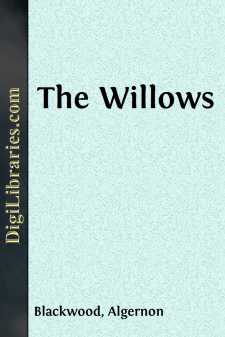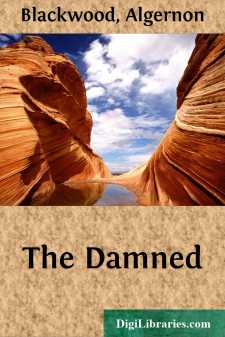Categories
- Antiques & Collectibles 13
- Architecture 36
- Art 48
- Bibles 22
- Biography & Autobiography 813
- Body, Mind & Spirit 142
- Business & Economics 28
- Children's Books 16
- Children's Fiction 13
- Computers 4
- Cooking 94
- Crafts & Hobbies 4
- Drama 346
- Education 46
- Family & Relationships 57
- Fiction 11829
- Games 19
- Gardening 17
- Health & Fitness 34
- History 1377
- House & Home 1
- Humor 147
- Juvenile Fiction 1873
- Juvenile Nonfiction 202
- Language Arts & Disciplines 88
- Law 16
- Literary Collections 686
- Literary Criticism 179
- Mathematics 13
- Medical 41
- Music 40
- Nature 179
- Non-Classifiable 1768
- Performing Arts 7
- Periodicals 1453
- Philosophy 64
- Photography 2
- Poetry 896
- Political Science 203
- Psychology 42
- Reference 154
- Religion 513
- Science 126
- Self-Help 84
- Social Science 81
- Sports & Recreation 34
- Study Aids 3
- Technology & Engineering 59
- Transportation 23
- Travel 463
- True Crime 29
The Human Chord
Description:
Excerpt
Chapter I
I
As a boy he constructed so vividly in imagination that he came to believe in the living reality of his creations: for everybody and everything he found names—real names. Inside him somewhere stretched immense playgrounds, compared to which the hay-fields and lawns of his father's estate seemed trivial: plains without horizon, seas deep enough to float the planets like corks, and "such tremendous forests" with "trees like tall pointed hilltops." He had only to close his eyes, drop his thoughts inwards, sink after them himself, call aloud and—see.
His imagination conceived and bore—worlds; but nothing in these worlds became alive until he discovered its true and living name. The name was the breath of life; and, sooner or later, he invariably found it.
Once, having terrified his sister by affirming that a little man he had created would come through her window at night and weave a peaked cap for himself by pulling out all her hairs "that hadn't gone to sleep with the rest of her body," he took characteristic measures to protect her from the said depredations. He sat up the entire night on the lawn beneath her window to watch, believing firmly that what his imagination had made alive would come to pass.
She did not know this. On the contrary, he told her that the little man had died suddenly; only, he sat up to make sure. And, for a boy of eight, those cold and haunted hours must have seemed endless from ten o'clock to four in the morning, when he crept back to his own corner of the night nursery. He possessed, you see, courage as well as faith and imagination.
Yet the name of the little man was nothing more formidable than "Winky!"
"You might have known he wouldn't hurt you, Teresa," he said. "Any one with that name would be light as a fly and awf'ly gentle—a regular dicky sort of chap!"
"But he'd have pincers," she protested, "or he couldn't pull the hairs out. Like an earwig he'd be. Ugh!"
"Not Winky! Never!" he explained scornfully, jealous of his offspring's reputation. "He'd do it with his rummy little fingers."
"Then his fingers would have claws at the ends!" she insisted; for no amount of explanation could persuade her that a person named Winky could be nice and gentle, even though he were "quicker than a second." She added that his death rejoiced her.
"But I can easily make another—such a nippy little beggar, and twice as hoppy as the first. Only I won't do it," he added magnanimously, "because it frightens you."
For to name with him was to create. He had only to run out some distance into his big mental prairie, call aloud a name in a certain commanding way, and instantly its owner would run up to claim it. Names described souls. To learn the name of a thing or person was to know all about them and make them subservient to his will; and "Winky" could only have been a very soft and furry little person, swift as a shadow, nimble as a mouse—just the sort of fellow who would make a conical cap out of a girl's fluffy hair … and love the mischief of doing it....












